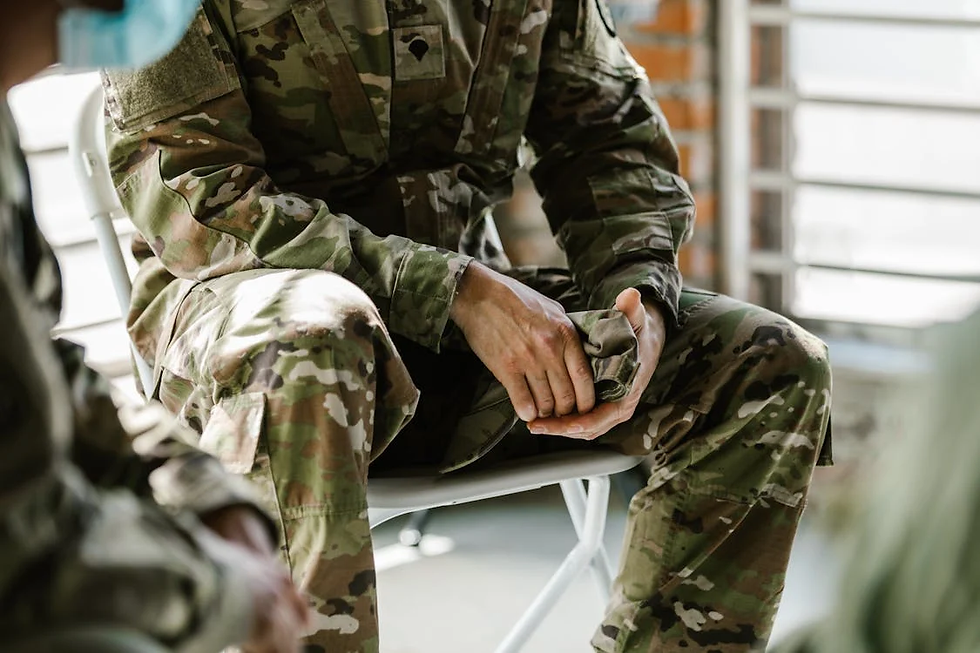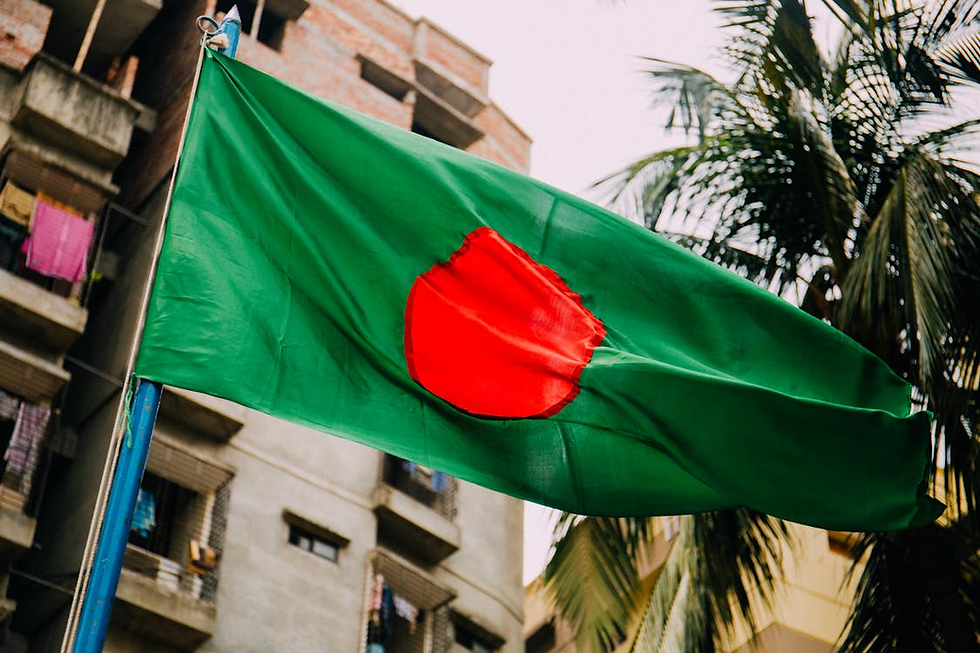Trump Calls for Withdrawal of Troops from Afghanistan and Iraq
- Arshiya Khanna
- Nov 29, 2020
- 3 min read
Updated: Dec 23, 2024
On the 17th of November, the Pentagon announced a significant reduction in the number of troops in both Afghanistan and Iraq before next year’s presidential inauguration. Acting Secretary of Defence Christopher Miller stated that 2000 troops shall be withdrawn from Afghanistan and 500 from Iraq, leaving 2500 troops in each country.
Afghanistan has been under the US-led coalition’s military wing since 2001, following the infamous 9/11 attacks in the USA led by Al Qaeda militants. The Taliban was ousted within weeks after the attack, as troops were directed towards maintaining peace and order in war-torn Afghanistan.

Though a steady troop withdrawal has been underway since as early as 2008, Trump furthered this by brokering a historic agreement with the Taliban on 29th February 2020, which aimed to secure peace in Afghanistan. Guaranteed security in the country and the Taliban’s promise to start negotiations have been confirmed, in exchange for the US agreeing to withdraw all foreign forces from Afghanistan. Presently, the Afghan government and Taliban negotiators have been meeting in Doha regularly to try and settle a peace deal but haven’t yet yielded any major breakthrough. Since the beginning of talks on September 12, minimal progress has been made between the two groups. Negotiations remain stalled over a vague agenda and an undecided plan of action.
The US Special Inspector General for Afghanistan Reconstruction (SIGAR) recently published its quarterly report to the US Congress, which found "that Taliban sponsored violence has increased by around 50% in recent months, even as Kabul negotiates with the Taliban”. It further reported 2,561 civilian casualties in this quarter including 876 deaths which is an increase of about 43% from the April-June period.
There have been reports of ISIL claiming responsibility for attacks on education centres in Kabul. However, these accounts have been disputed by the Afghan goverment, which claims that they were carried out by the Taliban. On November 2nd, at least 22 students at Kabul University were killed in an attack claimed by ISIL. Following this, there have been somewhat scattered yet palpable calls to boycott the ongoing peace talks.
As for Iraq, shortly after the announcement of foreign forces’ withdrawal, rocket attacks targeted Baghdad’s heavily fortified Green Zone (which houses the US Embassy among other foreign embassies). This assault came less than an hour after the US announced its plan to withdraw troops from Iran. In fact, such attacks have become quite frequent in 2020 and are enough to expose the vulnerability of Iraq to its neighbour, Iran. Washington blamed Iran-backed Shia militias for these attacks. However, similar to the promises made by the Taliban in Afghanistan, Iran-backed militias announced in mid-October that they would temporarily suspend targeted attacks on American presence in Iraq, provided that the US led coalition troops withdraw from the country.
In light of the prospect of a withdrawal, it is widely opined that it could precipitate the growth of Iran’s influence and host ISIL’s resurgence in Middle Eastern political gameplay. According to David Pollock, Bernstein fellow at the Washington Institute, “If US troops stay in Iraq, they would greatly reinforce America’s position there and help counter Iran’s malign influence throughout the region. But if they leave, Iraq would be at immediate risk of slipping back into the destructive isolation of the Saddam era, with even less ability to resist Iran’s predatory policies.” Mark Esper, Miller’s predecessor also advocated for the stationing of troops in Iran and Afghanistan for which he was subsequently fired by Trump.
Since the declaration of the US election results, Baghdad remains “cautious yet hopeful” about US relations, considering president-elect Joe Biden's controversial track record in the Middle East since the early 2000s. Al Jazeera’s White House correspondent Kimberly Halket commented on the withdrawal: “This is going to be met with a lot of criticism … it doesn’t please Pentagon officials; it doesn’t please lawmakers on Capitol Hill." Senior military officials have also voiced their concern over the strategic risk involved by the pace of this withdrawal, and favour a more gradual retreat. Critics worry that this somewhat hasty withdrawal may leave behind a free ticket for extremist violence to occupy centre stage in the Middle East again.

_edited.png)



Comments